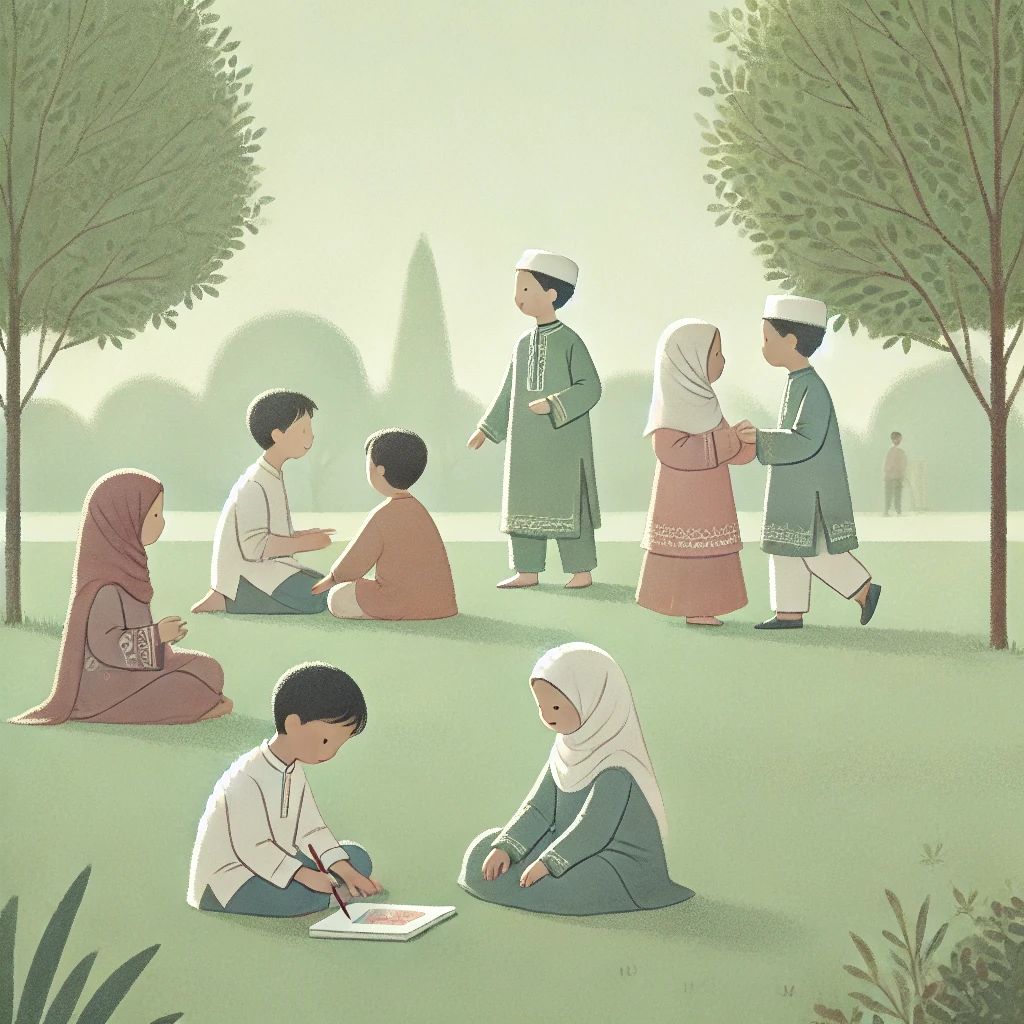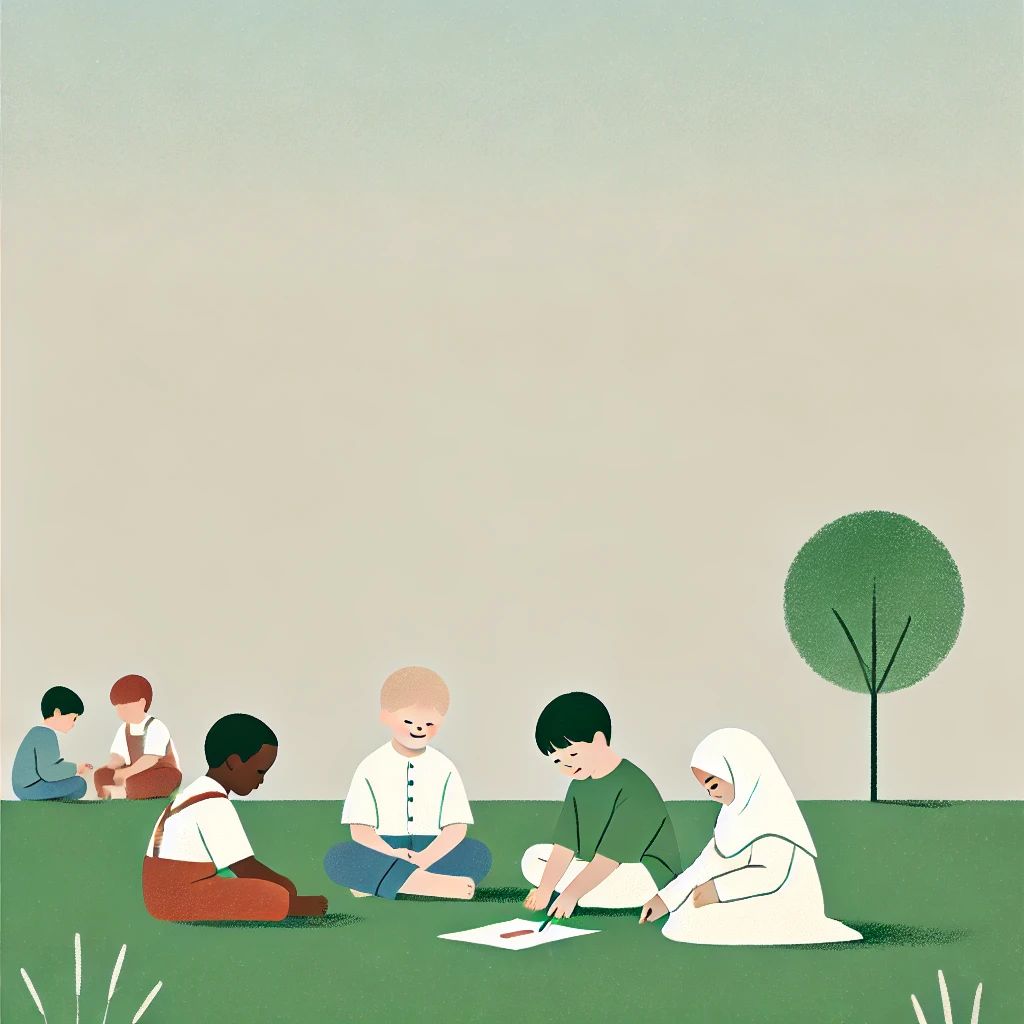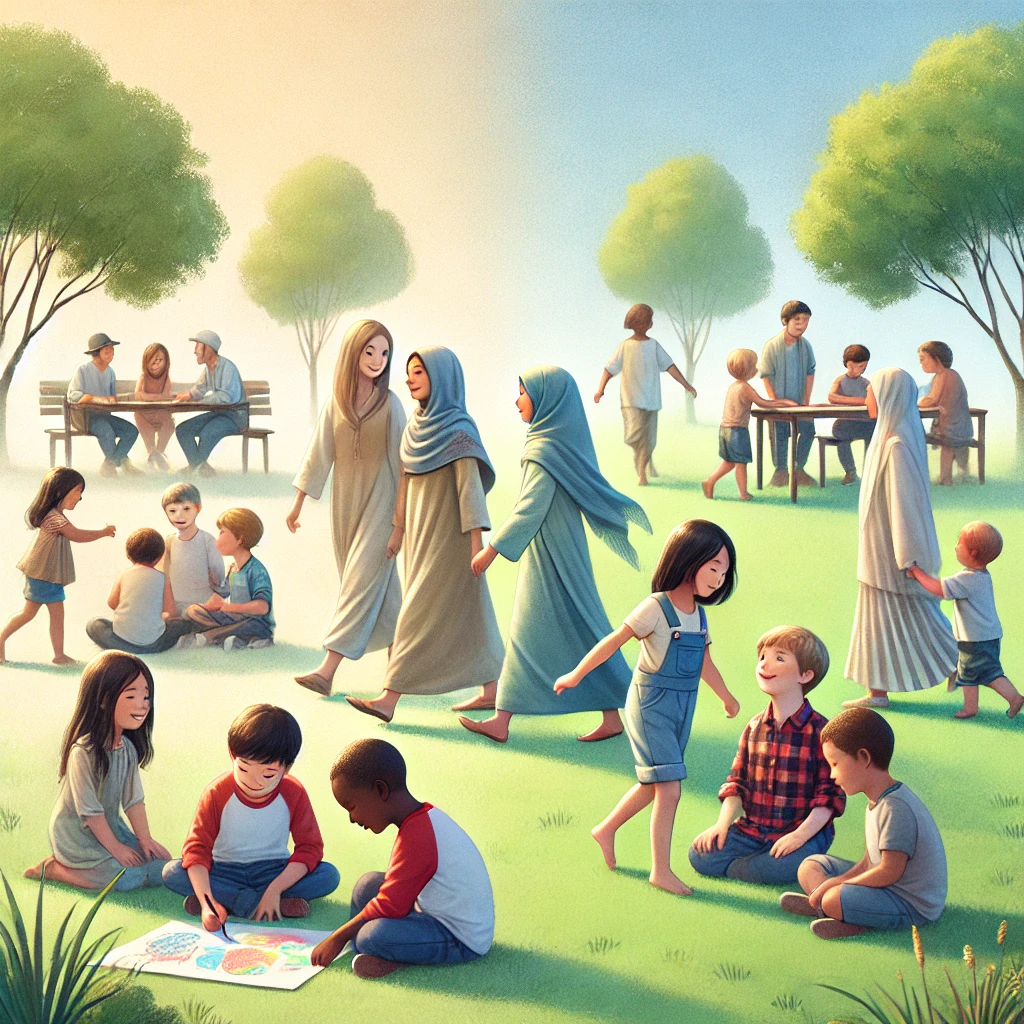Growing up in a globalized world presents new challenges and opportunities for younger generations. Today’s children are increasingly part of multicultural environments, whether through migration, mixed families, or educational and social communities composed of various ethnic and cultural groups. But how do these experiences impact children’s mental development? From understanding their own identity to fostering emotional flexibility and tolerance, intercultural experiences have profound implications for children’s mental health and cognitive growth.

Intercultural Experiences: Shaping Identity
Growing up in multicultural settings means that children are constantly exposed to different customs, languages, and worldviews. This diversity often prompts children to reflect on their own identity and how they fit into various cultural contexts. Many children with migrant backgrounds, for instance, find themselves navigating between two cultures—their parents’ culture and that of the society they live in. This can sometimes lead to confusion, but it also strengthens their sense of belonging and the ability to integrate aspects of both worlds.
Intercultural Experiences: Emotional Flexibility and Adaptability
Living in a multicultural environment not only exposes children to different values but also makes them emotionally flexible. They develop skills to adapt to new situations and various social contexts, which is crucial for their emotional and social development. Studies show that children who are exposed to multiple cultures tend to be more tolerant of differences and more open-minded. This emotional flexibility is essential for building healthy interpersonal relationships and managing stress more effectively.
Cognitive Development
Intercultural experiences also stimulate cognitive development. Children learn to think critically and analyze the world’s complexity from various perspectives. Constant interaction with diverse cultural models helps them develop the ability to think differently and solve problems creatively. Children raised in multicultural environments often exhibit better communication and social skills, as well as greater creativity and adaptability in educational and professional contexts later in life.
Challenges and Coping
However, intercultural experiences are not without their challenges. Children exposed to different cultures may face identity crises or feelings of isolation, particularly if they stand out from their peers in terms of language, religion, or traditions. This can lead to emotional difficulties such as anxiety or social withdrawal. It is therefore crucial for parents, teachers, and society to support children in understanding and embracing their cultural identity and to create environments where they feel safe and accepted.

Intercultural experiences have a complex impact on children’s mental development. They bring both opportunities and challenges, but with proper support, children can develop their emotional, cognitive, and social skills to a higher level. In a world that is becoming increasingly globalized, intercultural competence is not just an advantage—it is a vital element for success. Understanding these experiences and their effects on children will contribute to a better society where cultural differences are respected and celebrated.
More Useful Links:
Farm Animals and Children’s Mental Health: Developing Empathy, Responsibility, and Confidence
Easy Education for Your Child: Available to All Parents Through Play and Laughter
How to Encourage Your Child to Try New Vegetables: Tips and Tricks for Making Healthy Eating Fun
